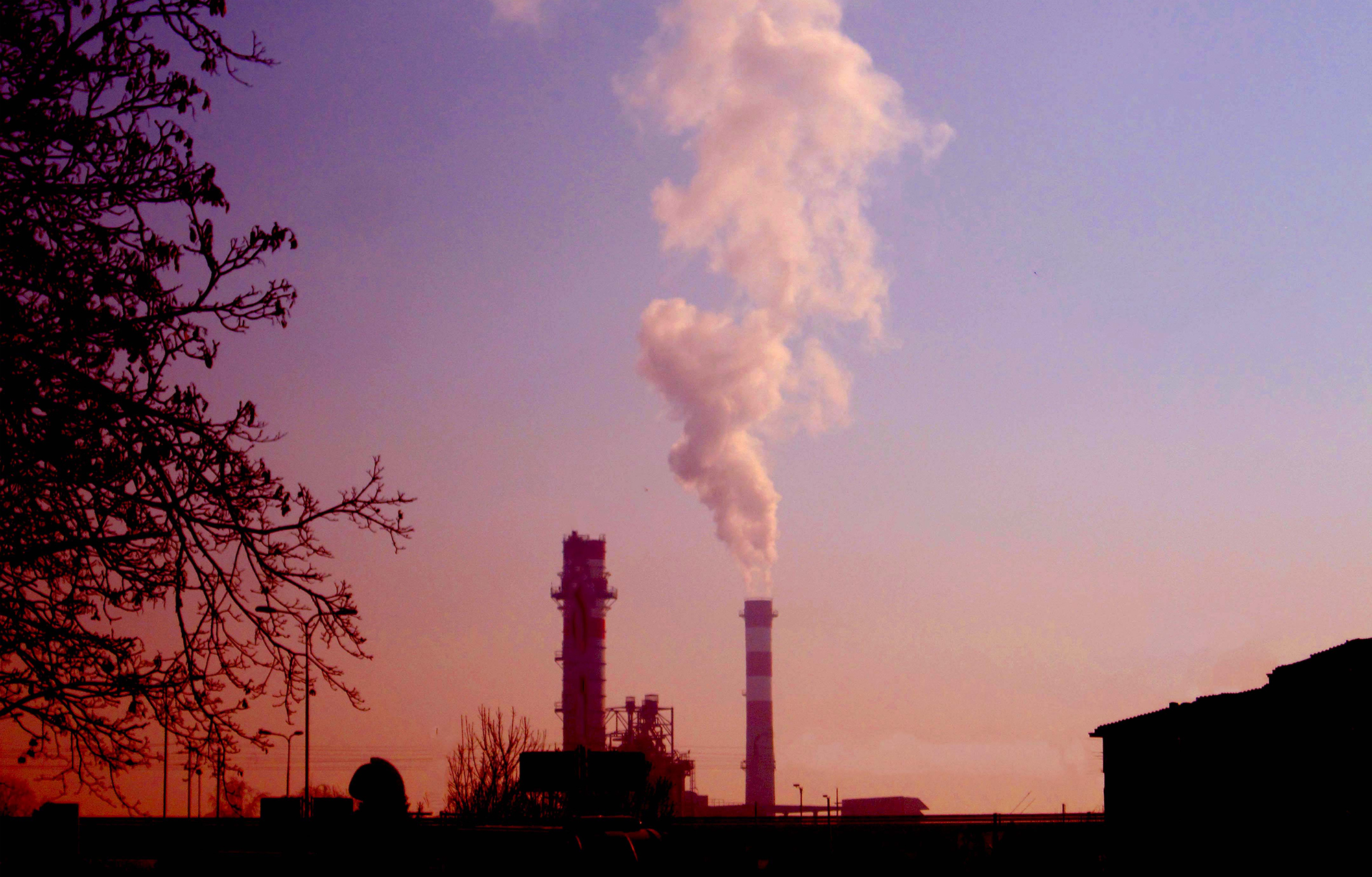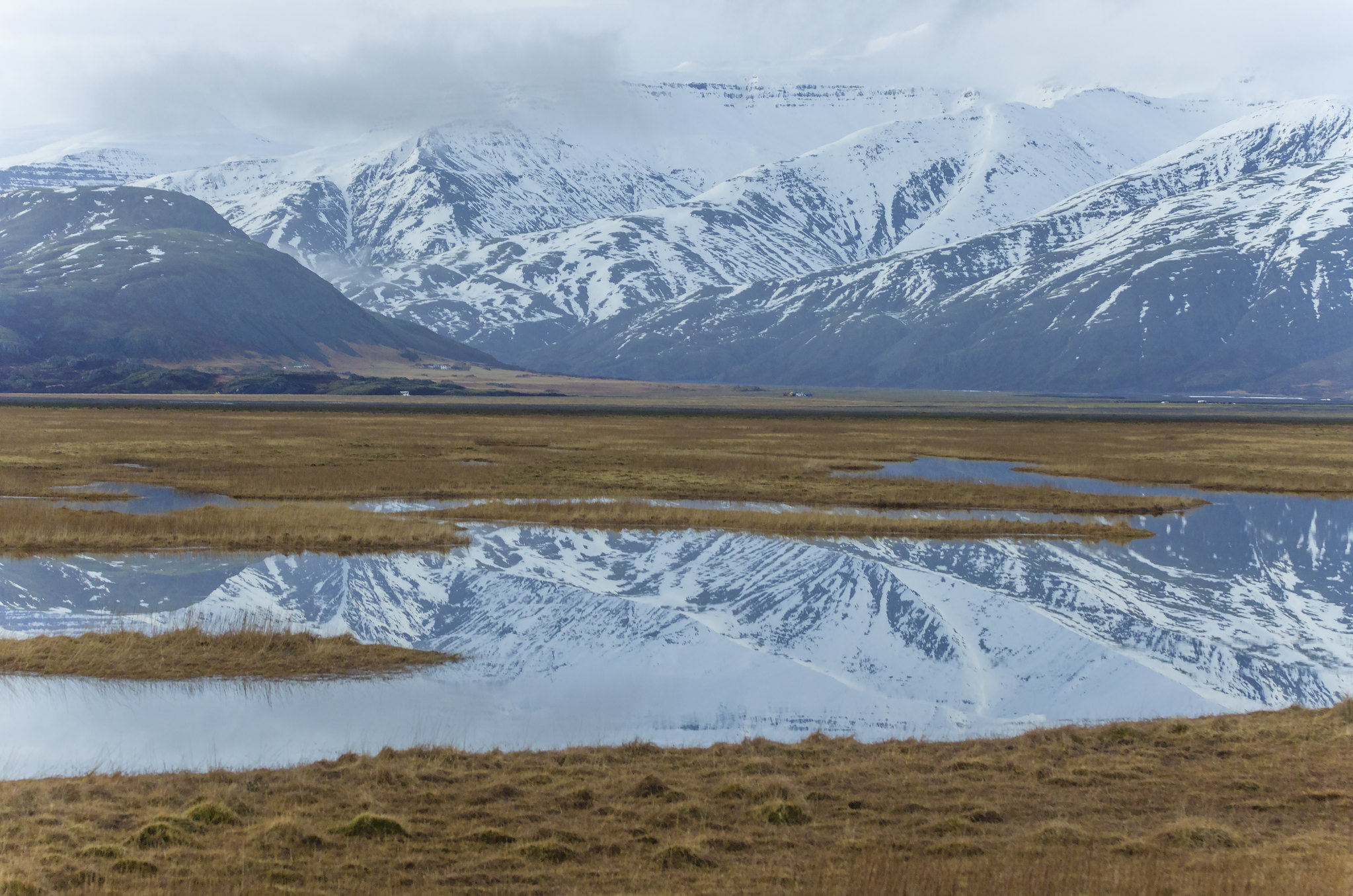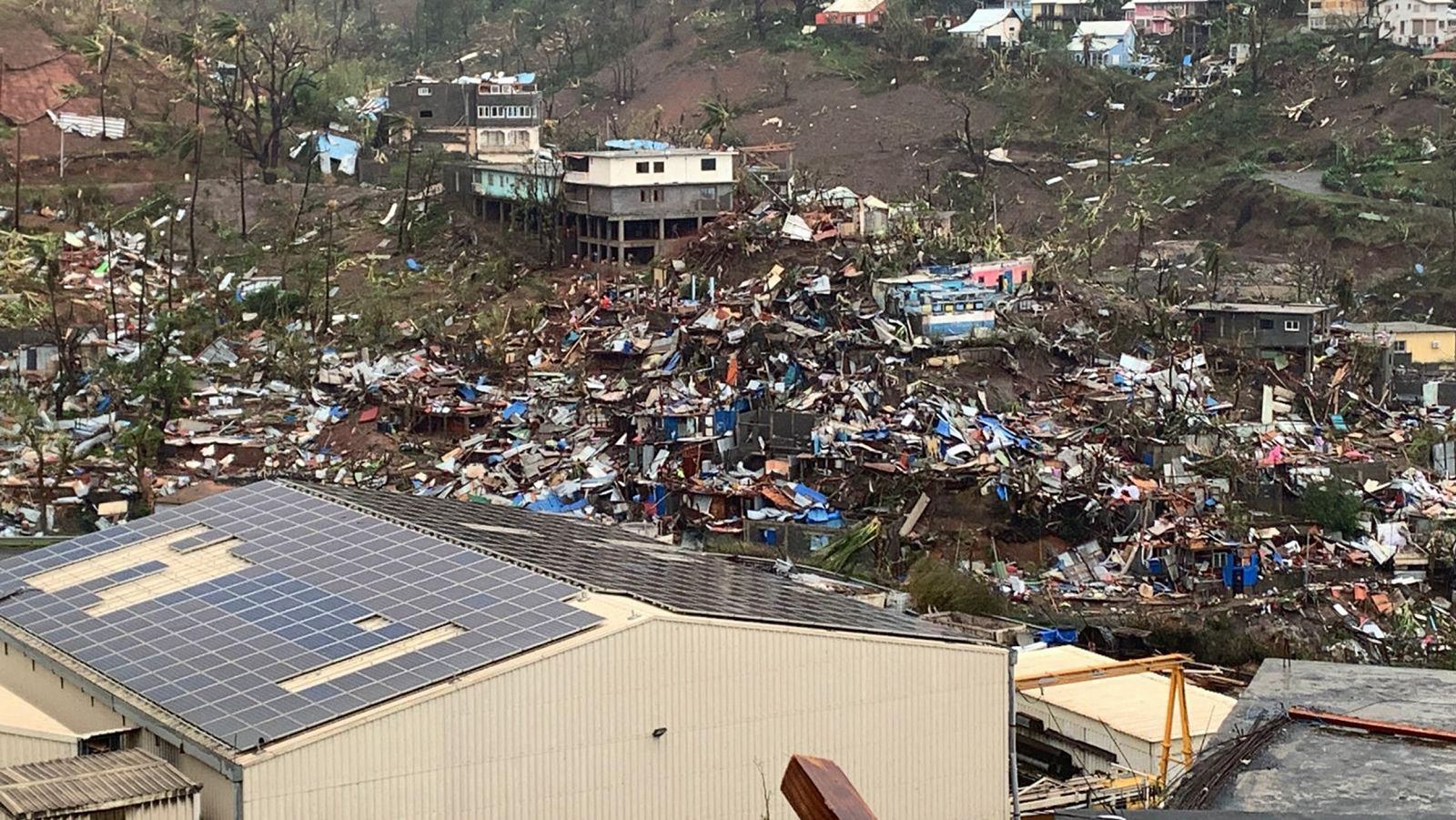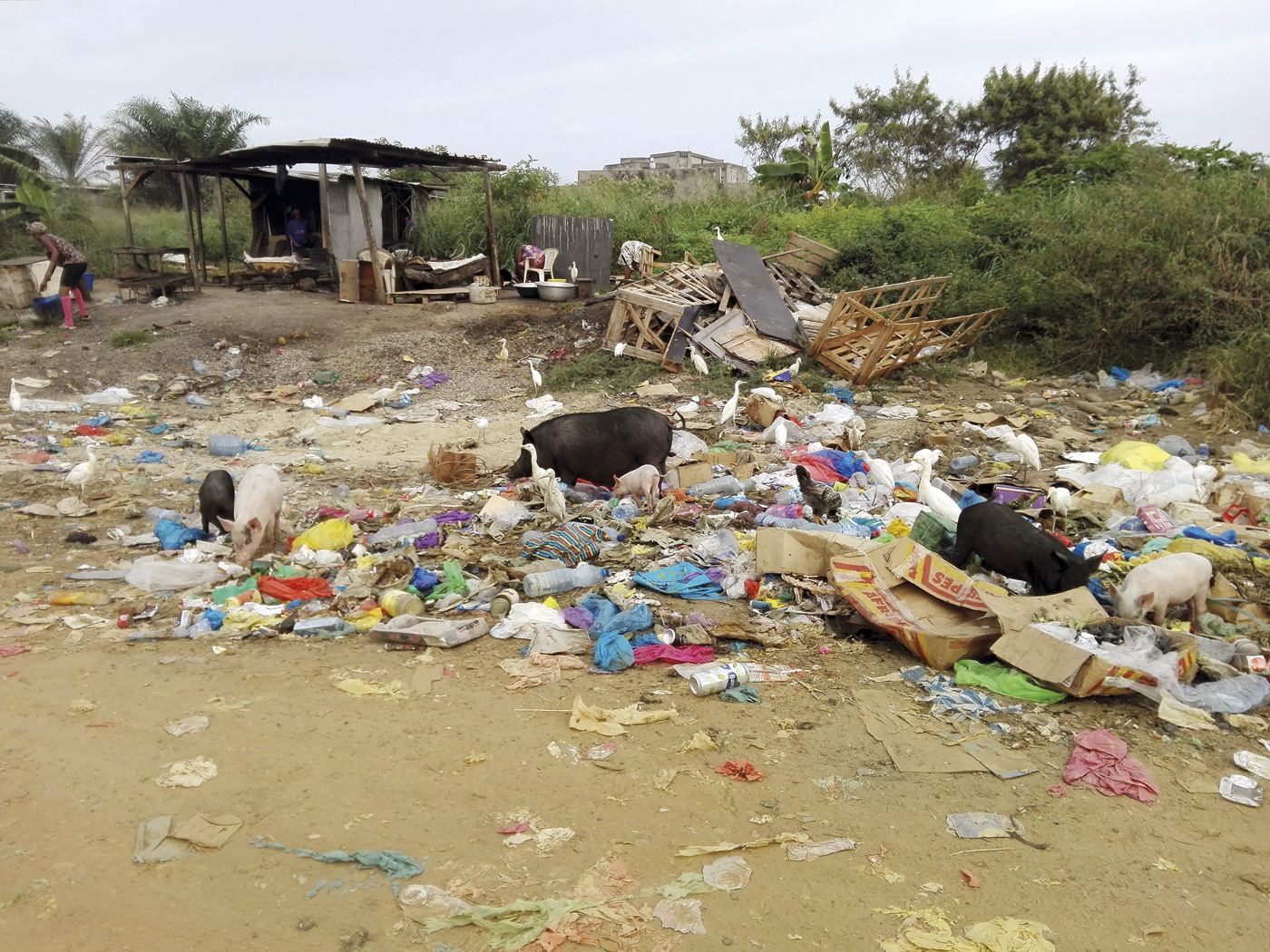For the first time in 2024 the rise of temperatures will exceed 1.5 degrees
According to the environmental observatory Copernicus, 2024 will hit a record temperature on Earth, and not only that, but for the first time it will be 1.5 degrees higher than the average of the time before the industry.

The climate emergency will mark a new milestone this year. This time the news is not that 2024 is the hottest year since there's records, because unfortunately we're used to breaking that record year after year. For the first time, the average temperature of the pre-industrial period between 1850 and 1900, taken as reference, will be 1.5 degrees higher than that of the previous period. This information has been highlighted by the programme of the Copernicus Environmental Observatory, promoted by the European Commission, through its Climate Emergency Service. Specifically, he explained that, from January to October, this anomaly has already reached 1.59 degrees and that the temperature of the whole year 2024 is likely to be 1.55 degrees higher.
Overcoming the 1.5 degree barrier means that the commitment set out in the 2015 Paris Agreement will no longer be fulfilled. At that conference it was agreed that the temperature could not rise by 2 degrees, but that countries would make an effort to stay at the border from 1.5 degrees to 2150.
Overcoming the 1.5 degree barrier means that the commitment set out in the 2015 Paris Agreement will no longer be fulfilled. Countries agreed that they would make an effort to stay on that border for up to 2150 years.
"This marks a new milestone in global temperature records and should serve to have more ambition at the COP29 summit," said Copernicus Deputy Director Samantha Burgess.
According to the report of the European organization, this increase in temperature has been recorded in virtually the entire continent of Europe, as well as in Canada, central and western of the United States. In addition, the mean sea temperature has also been very high, 20.68 degrees, only 0.10 degrees less than in the same period of 2023. The phenomenon of the Girl Child is occurring and that temperature has decreased in the Pacific.
"This marks a new milestone in global temperature records and should serve to have more ambition at the COP29 summit," said Copernicus Deputy Director Samantha Burgess.
Torrential rain, droughts and humidity
Torrential rains, droughts and humidity are another clear symptom of the climate emergency, as we have seen recently in Valencia.
Copernicus explained that precipitation will be above average in many parts of Europe and that humidity has also been higher in China, Florida and Australia. On the contrary, droughts have been more frequent in Africa and South America.

Ecological debt
Faced with this situation, scientists are increasingly speaking louder and louder. The journal Bioscience recently published a report signed by 1,500 scientists under the coordination of William Ripple of the State University of Oregon (USA).
"Global warming, although catastrophic, is just one aspect of a polysis that includes environmental degradation, increased economic inequality and loss of biodiversity."
The journalist Rafael Poch has brought to his blog some brushes from this report, with the help of Patrick Mazza, and one of the main conclusions is that we are faced with an overdraft or an ecological debt: "Global warming, despite its catastrophic nature, is only one aspect of a polysis that includes environmental degradation, increased economic inequality and loss of biodiversity," the report notes.
In his view, this debt cannot last for an unlimited period: as pressure increases and the Earth's climate system moves into a disaster situation, more and more scientists think that a "social collapse" will occur. "Will the world hear?" They ask.
Eskoziako Lur Garaietara otsoak itzularazteak basoak bere onera ekartzen lagunduko lukeela adierazi dute Leeds unibertsitateko ikertzaileek.. Horrek, era berean, klima-larrialdiari aurre egiteko balioko lukeela baieztatu dute, basoek atmosferako karbono-dioxidoa xurgatuko... [+]
There was no one or all. That we all suffer at least if the necessary changes are not made so that no one suffers the climate emergency. You – reader – I – Jenofá-, they – poor – and they – rich. The fires in Los Angeles did not give me satisfaction, but a sense of... [+]









_Glaciar.png)





-(1).jpg)






